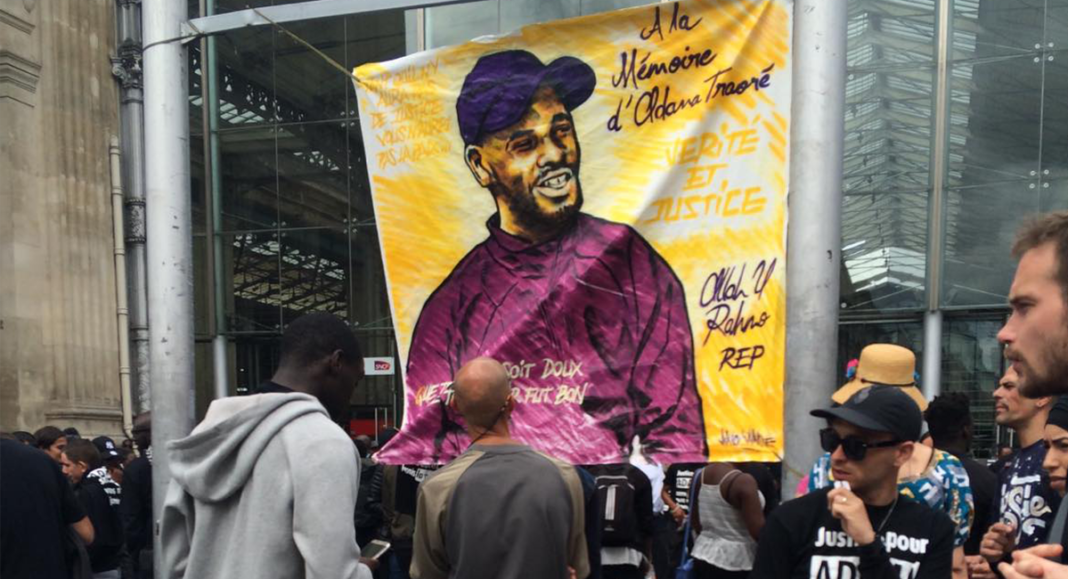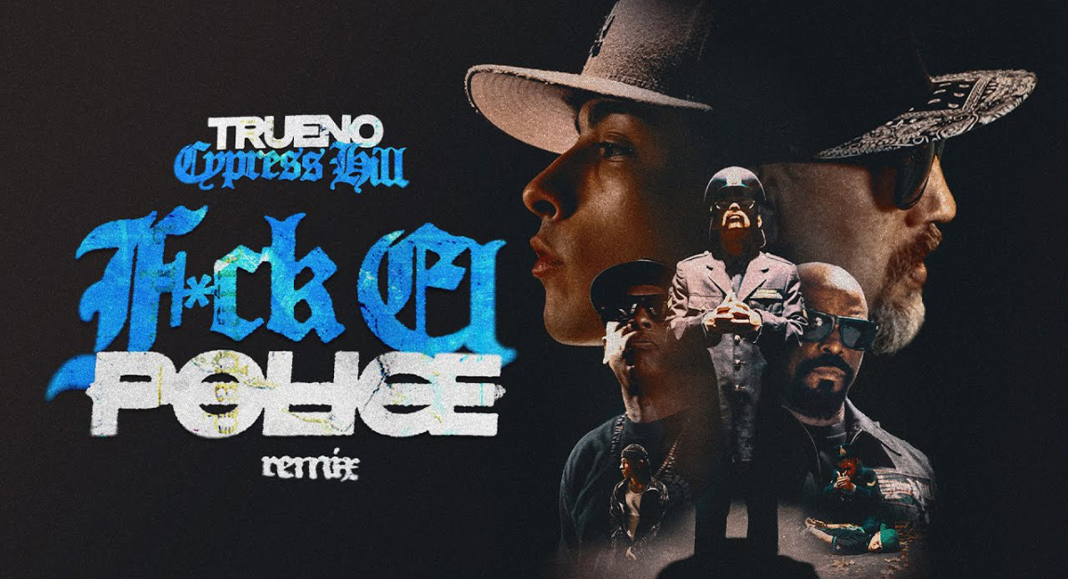The prosecution is requesting a “dismissal” in the Adama Traoré case! “No one is above the law.” For the second time during his term, Macron implicitly acknowledges the existence of police violence. He stated this in an interview following the rebellion of the judicial police forces, who began a protest movement for their imprisoned colleagues. Tensions between the youth and the police are escalating, and the Adama Traoré case is not going to help matters.
The death of Adama Traoré:
Adama Traoré died in July 2016 following his arrest in Beaumont-sur-Oise. Since that day, his sister, Assa Traoré, has become a figure in the fight against police violence. One thing is certain: the case is shrouded in complete uncertainty. Since 2016, the expert opinions have contradicted the counter-expert opinions regarding the reasons for Adama Traoré’s death.
The three police officers who arrested the young man have been placed under judicial supervision as witnesses to failure to assist a person in danger. They have never been charged. On Wednesday, July 26, the prosecution decided to seek a “dismissal” in the case. Assa Traoré, on her part, is considering the next steps in the case with her lawyer.
Why such a deadlock in the case?
At present, no one can unequivocally state that Adama Traoré was a victim of police murder. However, deep doubts persist about the police version. It appears that if France, through the justice system (supposedly independent according to the Constitution), refuses to admit “police violence” in Adama Traoré’s case, it may be because it would mean acknowledging the existence of police violence in France. The numerous expert opinions and counter-expert opinions have brought the case to a standstill. Condemning these police officers would also force France to acknowledge pressure around the expert opinions to hide the truth. If Naël’s case was handled expediently, it is likely because the videos incriminated the police officers. The series of expert opinions in this case seem ridiculous, given the dubious conclusions they yield.
Furthermore, Assa Traoré’s formidable commitment to her brother, like a modern-day Antigone, has heavily politicized this case. The political burden today may be much heavier to bear than the legal burden. Whatever the case, these theories will likely be debated for a long time. The fact remains that the prosecution is seeking a “dismissal,” but it is evident that the Traoré family will probably not stop there, and Adama Traoré has become a symbol of police violence in France.


